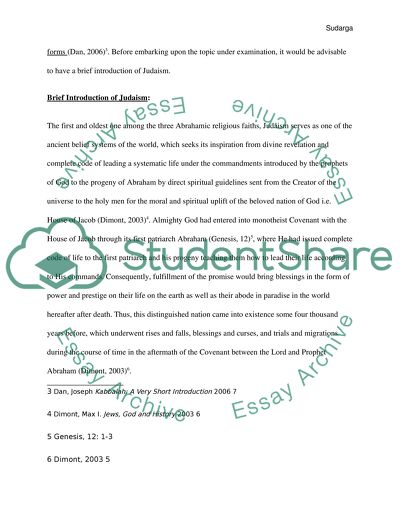Cite this document
(“Kabbalahs Place in Jewish Mysticism Essay Example | Topics and Well Written Essays - 3250 words”, n.d.)
Retrieved from https://studentshare.org/religion-and-theology/1600662-kabbalahs-place-in-jewish-mysticism
Retrieved from https://studentshare.org/religion-and-theology/1600662-kabbalahs-place-in-jewish-mysticism
(Kabbalahs Place in Jewish Mysticism Essay Example | Topics and Well Written Essays - 3250 Words)
https://studentshare.org/religion-and-theology/1600662-kabbalahs-place-in-jewish-mysticism.
https://studentshare.org/religion-and-theology/1600662-kabbalahs-place-in-jewish-mysticism.
“Kabbalahs Place in Jewish Mysticism Essay Example | Topics and Well Written Essays - 3250 Words”, n.d. https://studentshare.org/religion-and-theology/1600662-kabbalahs-place-in-jewish-mysticism.


